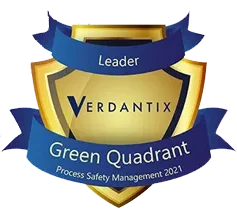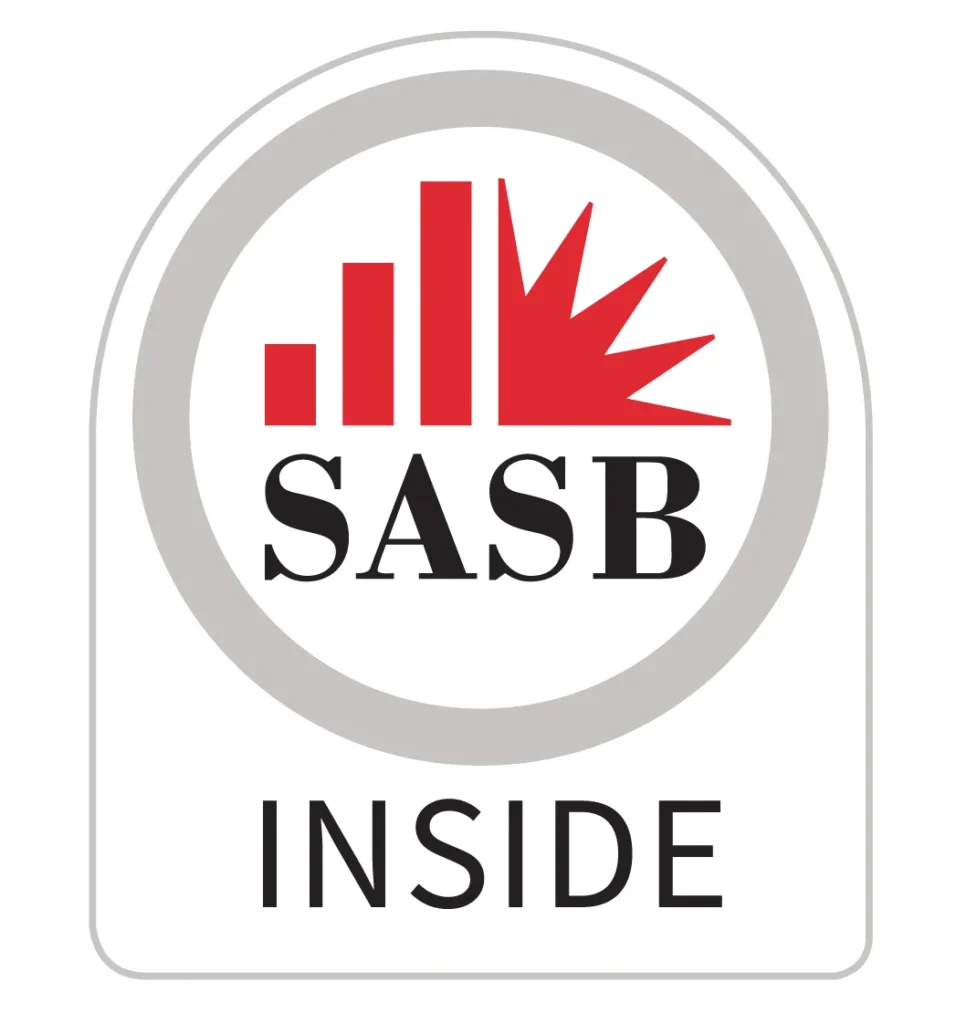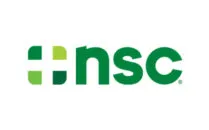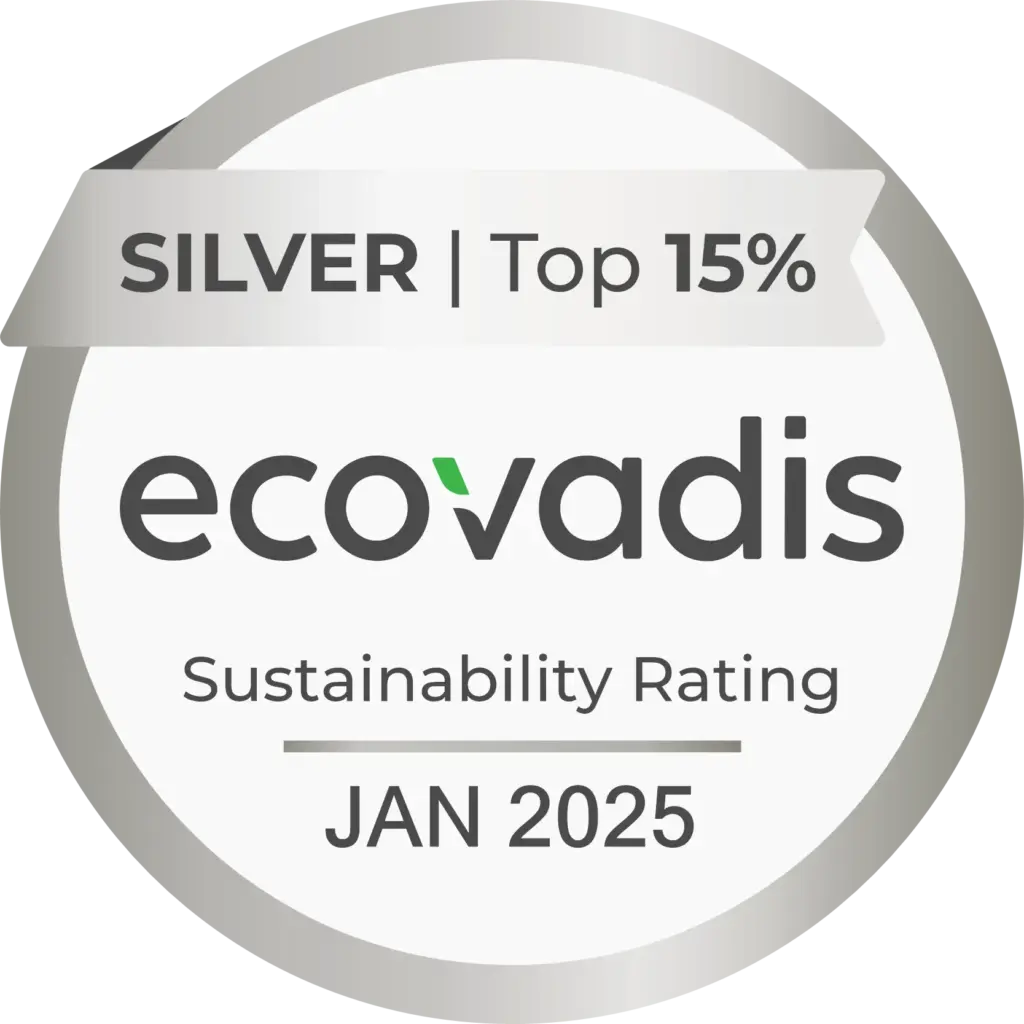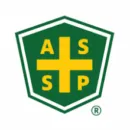Are you ready for the EFRAG ESG Standards?
Every organization that strives to build and maintain ESG maturity needs to be familiar with the EFRAG ESG standards. Are you and your organization ready?
The foundation for the first set of European Sustainability Reporting Standards (ESRSs) from the European Financial Reporting Advisory Group (EFRAG) was set in April 2021, with the European Commission’s acceptance of a proposal for a Corporate Sustainability Reporting Directive (CSRD) revising the Non-Financial Reporting Directive (NFRD). In a letter dated May 12, 2021, EU Commissioner Mairead McGuinness formally requested that EFRAG develop ESG standards under the CSRD.
The European Commission adopted EFRAG’s ESRSs on July 31, 2023, and the standards will come into effect through a phased-in timeline in January 2024, starting with the largest EU and EU-listed companies. But even companies without direct regulatory obligations to prepare disclosures under the ESRSs will find themselves impacted by them, because of growing stakeholder expectations to expand their ESG management to encompass areas covered by the ESRSs.
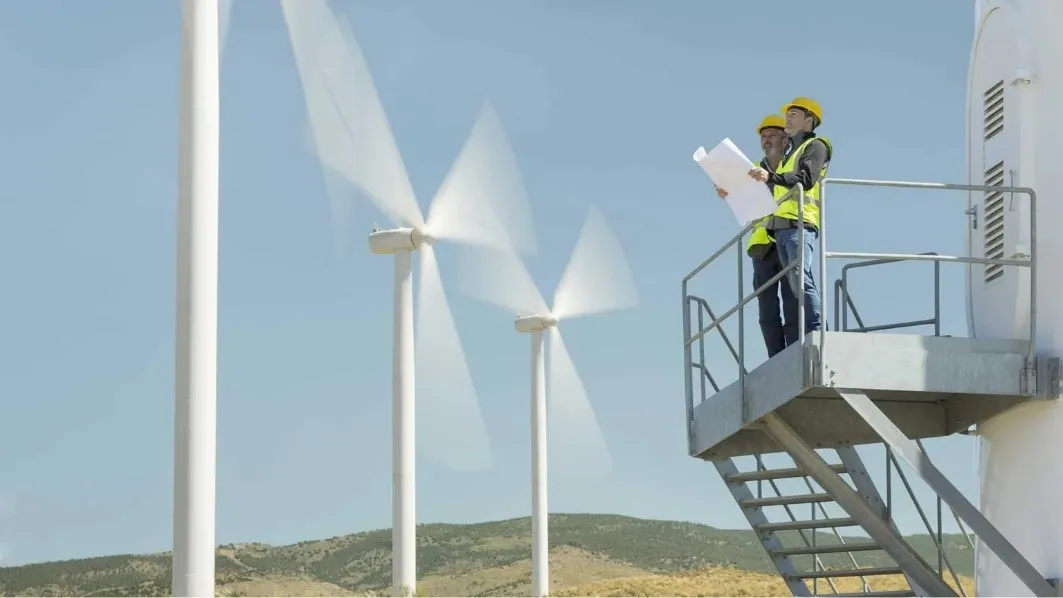
Review specific aspects of the EFRAG ESRSs below.
General Disclosure
Climate Risks & Opportunities
Environmental Management
Resource Use
Labor & Safety
Workers & Communities
General Disclosure Requirements
ESRS E1 (“General requirements”) establishes that EFRAG uses a double materiality frame, which combines the more commonly used financial materiality basis (based on consequences for profitability and business liquidity) with impact materiality (external impacts, including those on the environment or communities). Global Reporting Initiative (GRI) is of the main proponents of a double materiality frame and has worked closely with EFRAG in the development of the ESRSs. In fact, GRI and EFRAG recently announced the interoperability of their standards. ESRS E2 addresses expectations for governance, including disclosure of whether sustainability performance is part of the basis for the company’s incentive structure, and approaches to strategy, such as methods of engaging stakeholders to assess materiality.
Climate Risks and Opportunities
EFRAG Standard ESRS E1 (“Climate Change”) requires organizations subject to the ESRSs to disclose key aspects of their management of climate risks and opportunities, including their transition plan for climate change mitigation, their energy consumption and energy usage mix, their gross Scopes 1, 2, 3, and total greenhouse gas (GHG) emissions, whether they apply internal carbon pricing schemes, and the impacts of carbon pricing on decision making.
Environmental Management (Pollution, Water and Marine Resources, Biodiversity, and Ecosystems)
EFRAG creates disclosure requirements related to environmental management across several standards, including ESRS E1 (“Pollution”), ESRS E3 (“Water and Marine Resources”), and ESRS E4 (“Biodiversity and Ecosystems”). Companies following the EFRAG standards would need to disclose their policies, actions, and targets in each of these areas, as well as specific information such as “substances of concern” and “substances of very high concern” as defined by the EU REACH regulation, which means that they’d need to have a good understanding of their chemical inventory.
Resource Use and Circular Economy
The term circular economy refers to a lifecycle approach to production focused on eliminating wastes and keeping products in use for as long as possible through reuse, repair/refurbishment, and recycling. It’s the next step in a company’s sustainability journey that depends and builds upon improved efficiency and quality, and reduction of waste. ESRS E5 requires companies following EFRAG’s standards to disclose details such as policies, actions, and targets related to resource use, resource inflows and outflows, and potential financial risks and opportunities related to the circular economy.
Labor and Safety
ESRS S1 (“Own Workforce”) specifies disclosure requirements related to a company’s impacts on its workforce. Organizations following ESRS S1 would need to specifically disclose details including indicators and metrics related to diversity, wages, work-life balance, health and safety (including accidents, complaints and human rights cases), policies for employees with disabilities, actions and targets to reduce impacts to employee health and safety, and methods for employees to raise concerns. This standard is a reminder that companies can’t establish and sustain ESG maturity without first having good safety management practices.
Value Chain Workers and Affected Communities
EFRAG’s ESRSs reflect a growing industry consensus about the importance for organizations to think broadly about the impacts of their operations outside of their own walls. ESRS S2 (“Workers in the Value Chain”) requires companies to disclose aspects of their management of workers outside their own workforce, upstream or downstream of their operations, such as suppliers, distributors, and retailers. ESRS S3 (“Affected Communities”) tasks organizations with understanding and disclosing the impacts of their business on vulnerable communities, processes to reduce negative impacts and promote positive impacts, and channels available for members of affected communities to raise concerns.
The VelocityEHS ESG Solution can help you prepare for the EFRAG standards.
GHG & Energy Management
VelocityEHS GHG & Energy Management automates and simplifies the collection, validation and reporting of your greenhouse gas and energy data. Easily manage shifting climate policies as well as investor and supply-chain partner requirements.
Materiality Assessment
Success in ESG starts with a comprehensive materiality assessments. Identify risks, ensure transparency, and align with your global supply chains.
Performance Metrics
Set strategic goals for long-term ESG success. Performance Metrics allows you to better track and manage progress toward your ESG goals, and to amend your ESG strategy based on real-time data.
GHG & Energy Management
VelocityEHS GHG & Energy Management automates and simplifies the collection, validation and reporting of your greenhouse gas and energy data. Easily manage shifting climate policies as well as investor and supply-chain partner requirements.
Materiality Assessment
Success in ESG starts with a comprehensive materiality assessments. Identify risks, ensure transparency, and align with your global supply chains.
Performance Metrics
Set strategic goals for long-term ESG success. Performance Metrics allows you to better track and manage progress toward your ESG goals, and to amend your ESG strategy based on real-time data.
Ready to start aligning your business with EFRAG’s ESG standards?
ESG is the new standard of excellence for businesses, and that’s evident from the tendencies toward greater regulatory oversight of ESG disclosures, as well as greater harmonization of information disclosed. EFRAG’s ESRSs exemplify both trends. They create mandatory reporting requirements for tens of thousands of companies, while also drawing on existing expertise, and an interoperability agreement with GRI helps streamline the work of reporting. To take ESG seriously, you need to be familiar with the EFRAG ESRSs, and prepared to demonstrate that familiarity through disclosures. VelocityEHS can help.
The ESG Solution, along with other solutions in our award-winning VelocityEHS Accelerate® Platform, helps you meet requirements under EFRAG’s ESRSs in many ways, including:
- A Utility Data Sync capability to integrate with your utility provider and automate collection of energy data, apply correct emission factors and unit conversions, and simplify the validation and reporting of your greenhouse gas and energy data.
- Management of all three GHG Protocol-defined scopes of GHGs in a single platform
- Investor-grade ESG data, protected in a SOC 2-attested cloud software platform
- Reporting capabilities aligned out-of-the-box with major disclosure frameworks like GRI (which is aligned with EFRAG due to interoperability agreement), SASB, and CDP.
- Simplified creation, deployment, and summary of a materiality assessment, so you can engage all your internal and external stakeholders (including value chain workers and partners, and members of affected communities) in prioritization of your ESG issues and develop effective ESG strategies.
- Green chemistry capabilities give you the intelligence needed to better assess chemicals and choose safer and more sustainable alternatives before you bring them on-site and create exposure risks throughout your value chain.
- Ability to manage and share responsibility for key tasks such as SDS access, incident investigations, follow-up actions, inspections, and meetings through our Safety Solution, as well as access your data from anywhere, anytime.
Learn how VelocityEHS can help your business with EFRAG’s ESG standards
Partner with the most trusted name in the industry
Stress less and achieve more with VelocityEHS at your side. Our products and services are among the most recognized by industry associations and professionals for overall excellence and ease of use.

